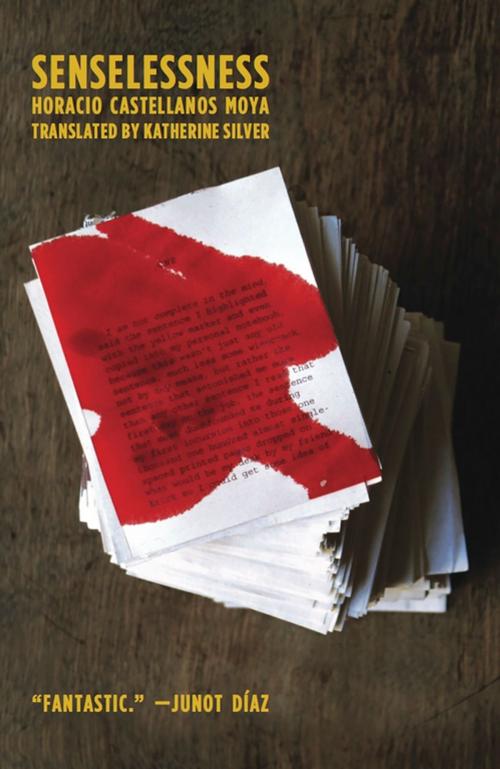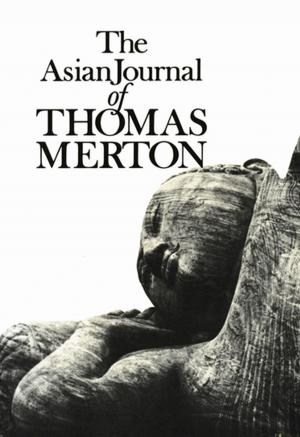| Author: | Horacio Castellanos Moya | ISBN: | 9780811219846 |
| Publisher: | New Directions | Publication: | May 17, 2008 |
| Imprint: | New Directions | Language: | English |
| Author: | Horacio Castellanos Moya |
| ISBN: | 9780811219846 |
| Publisher: | New Directions |
| Publication: | May 17, 2008 |
| Imprint: | New Directions |
| Language: | English |
A Rainmaker Translation Grant Winner from the Black Mountain Institute: Senselessness, acclaimed Salvadoran author Horacio Castallanos Moya's astounding debut in English, explores horror with hilarity and electrifying panache.
A boozing, sex-obsessed writer finds himself employed by the Catholic Church (an institution he loathes) to proofread a 1,100 page report on the army's massacre and torture of thousands of indigenous villagers a decade earlier, including the testimonies of the survivors. The writer's job is to tidy it up: he rants, "that was what my work was all about, cleaning up and giving a manicure to the Catholic hands that were piously getting ready to squeeze the balls of the military tiger." Mesmerized by the strange Vallejo-like poetry of the Indians' phrases ("the houses they were sad because no people were inside them"), the increasingly agitated and frightened writer is endangered twice over: by the spell the strangely beautiful heart-rending voices exert over his tenuous sanity, and by real danger—after all, the murderers are the very generals who still run this unnamed Latin American country.
A Rainmaker Translation Grant Winner from the Black Mountain Institute: Senselessness, acclaimed Salvadoran author Horacio Castallanos Moya's astounding debut in English, explores horror with hilarity and electrifying panache.
A boozing, sex-obsessed writer finds himself employed by the Catholic Church (an institution he loathes) to proofread a 1,100 page report on the army's massacre and torture of thousands of indigenous villagers a decade earlier, including the testimonies of the survivors. The writer's job is to tidy it up: he rants, "that was what my work was all about, cleaning up and giving a manicure to the Catholic hands that were piously getting ready to squeeze the balls of the military tiger." Mesmerized by the strange Vallejo-like poetry of the Indians' phrases ("the houses they were sad because no people were inside them"), the increasingly agitated and frightened writer is endangered twice over: by the spell the strangely beautiful heart-rending voices exert over his tenuous sanity, and by real danger—after all, the murderers are the very generals who still run this unnamed Latin American country.















